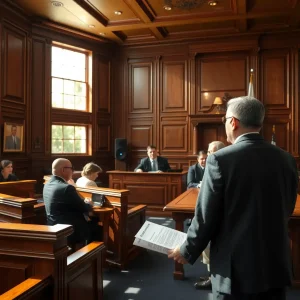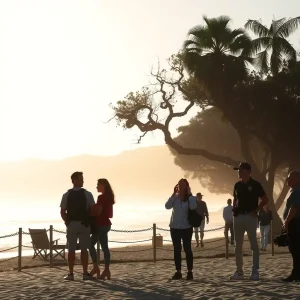DUI Attorney Santa Barbara
Understanding the process and your options.
For anyone searching for a "DUI Attorney Santa Barbara", this independent guide explains your rights, the steps after an arrest, likely penalties, and how to choose the right DUI Lawyer in Santa Barbara. Explore our resources to get informed and take your next step confidently.
Explore DUI Resources
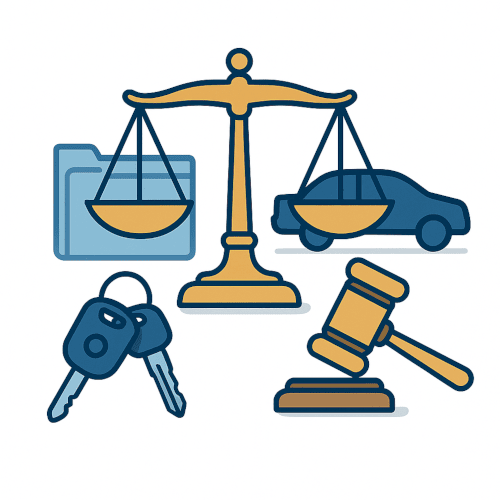
Legal Basics
Understand the fundamental laws, BAC limits, and different types of DUI charges.
Legal Basics
Defense Tactics
Explore common strategies used to challenge evidence from traffic stops to breath tests.
Defense Tactics
Court Process
From arraignment to trial, learn what to expect during the legal proceedings.
Court Process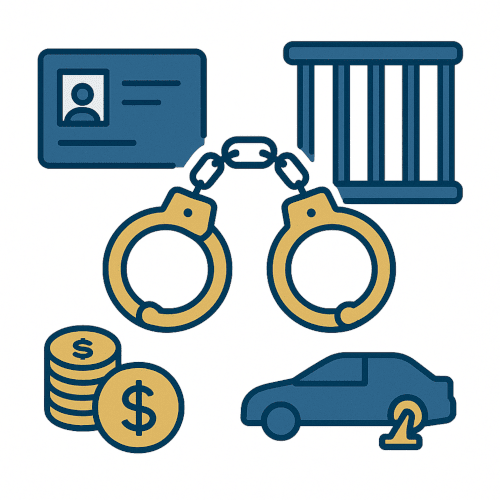
Penalties
Discover potential fines, jail time, license suspension, and other consequences.
Penalties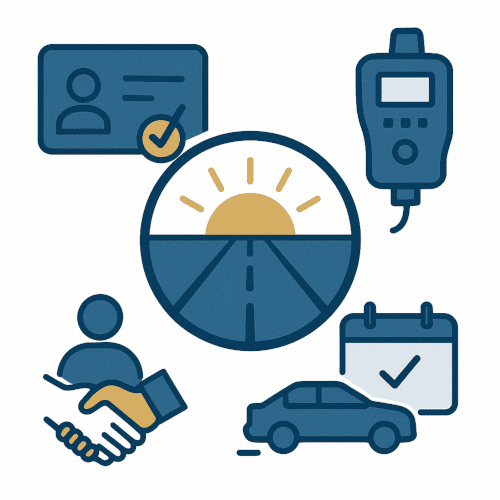
Frequently Asked Questions
Recommended Reads
Find a Local DUI Attorney

William C. Makler, P.C.
Experience: 27+ years
Focus: DUI defense, DMV hearings
Google Rating: 4.8 ★
★
★
★
★ (50)
Location:
📍 140 E Figueroa St, Santa Barbara, CA 93101, United States
Call:
☎ (805) 892-4922

Appel & Morse
Experience: 50+ years combined
Focus: DUI Defense, Underage DUI
Google Rating: 4.7 ★
★
★
★
★ (23)
Location:
📍 1129 State St Suite 25, Santa Barbara, CA 93101, United States
Call:
☎ (805) 467-6060
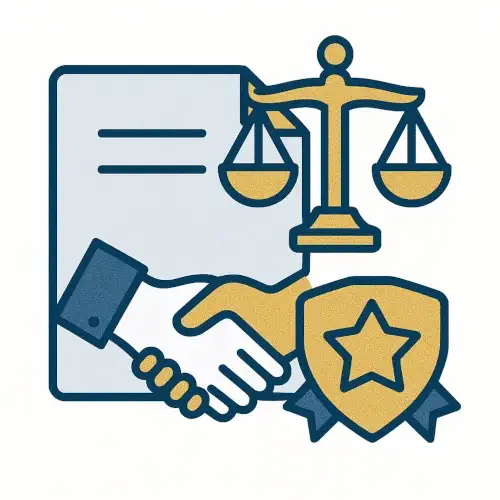
Michael W. Hanley
Experience: 29+ years
Focus: DUI trials & appeals
Google Rating: 5.0 ★
★
★
★
★ (3)
Location:
📍 222 E Carrillo St #300, Santa Barbara, CA 93101, United States
Call:
☎ (805) 350-4139



